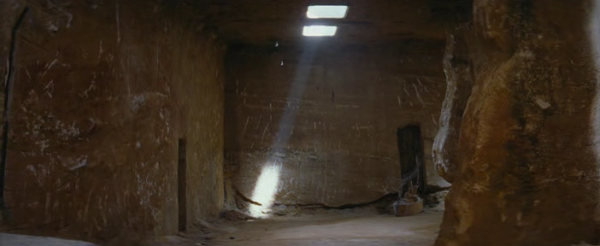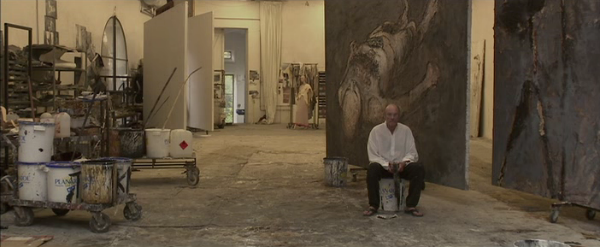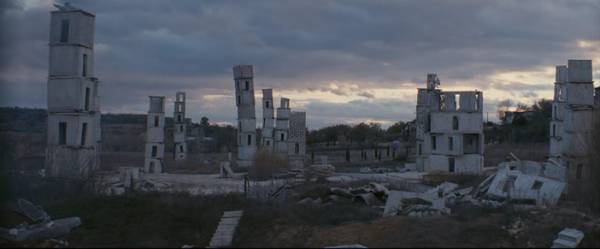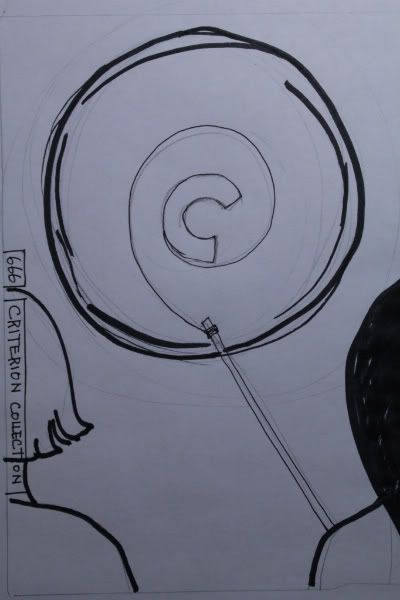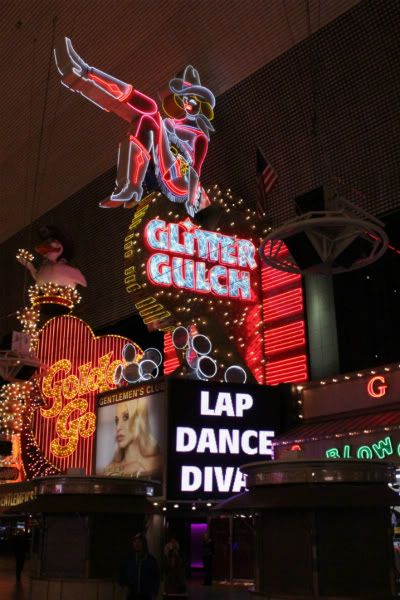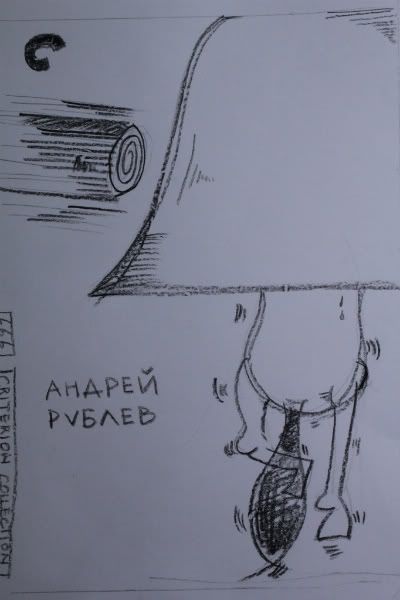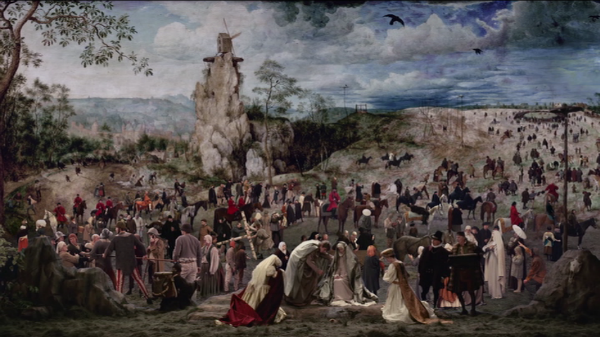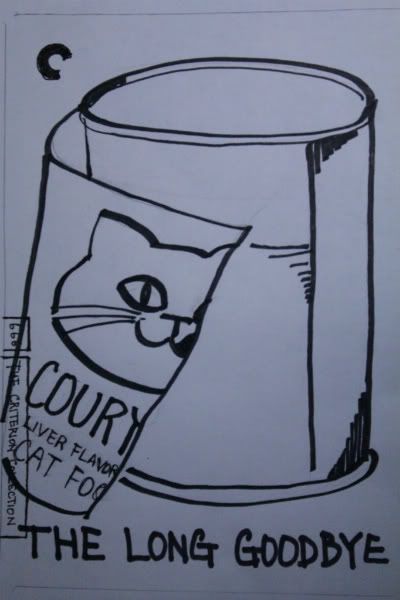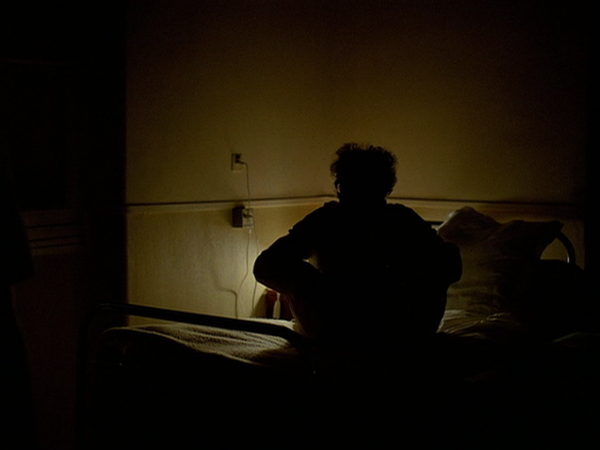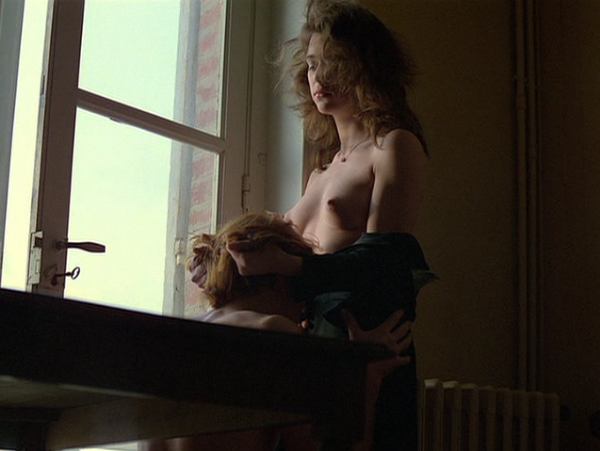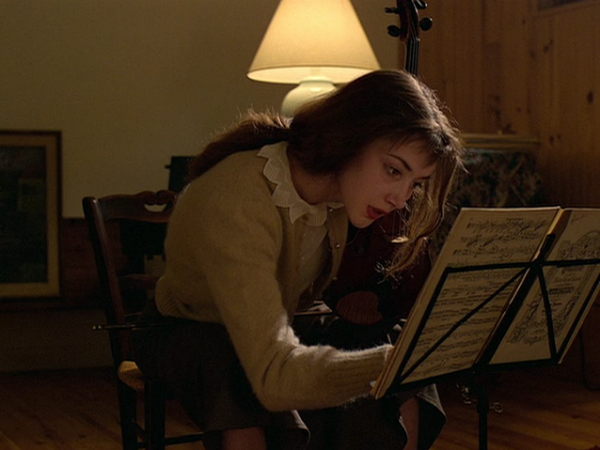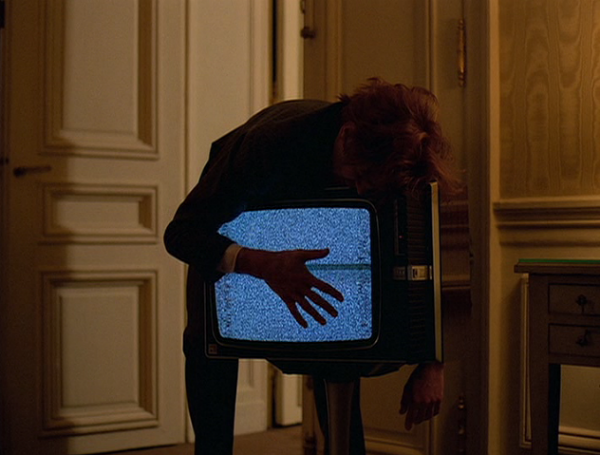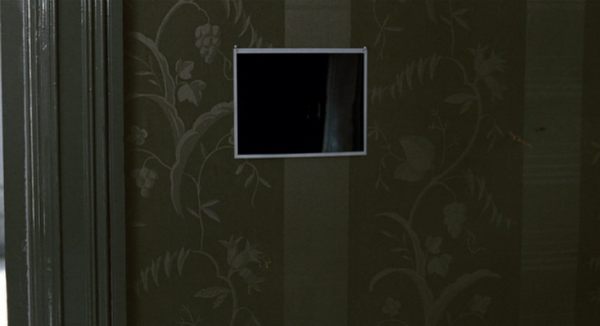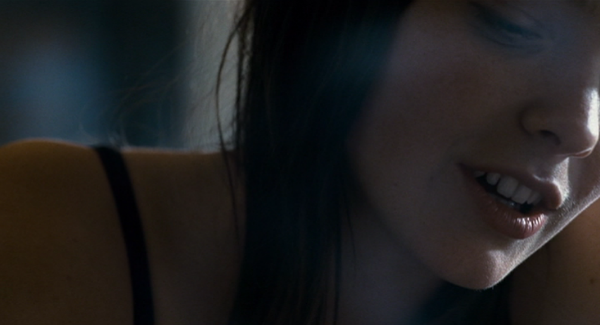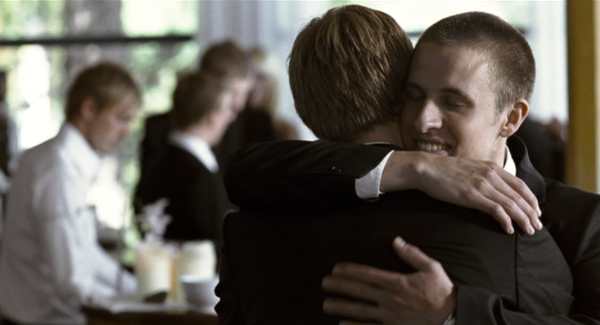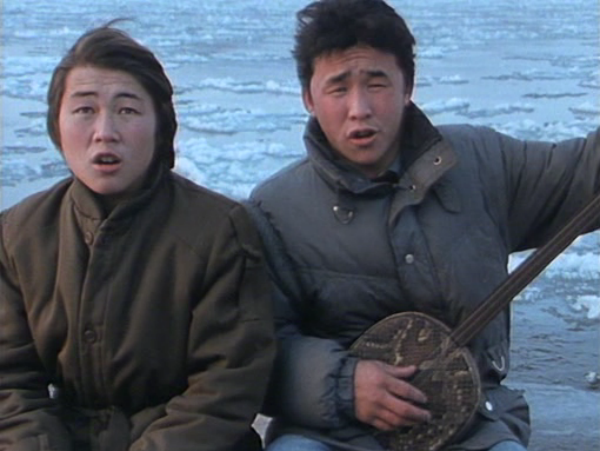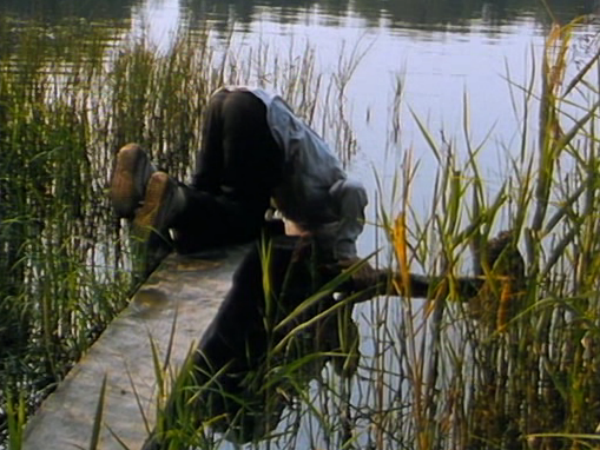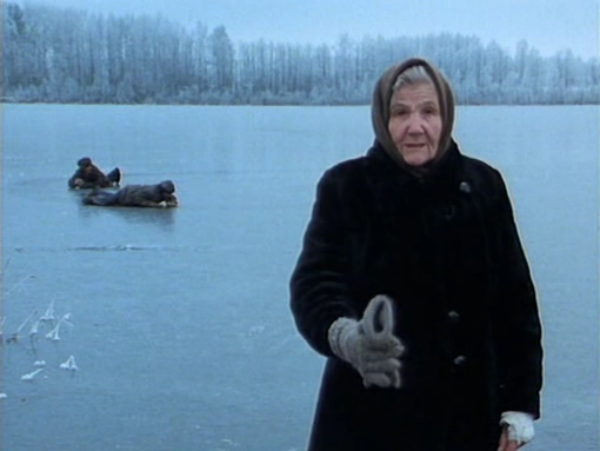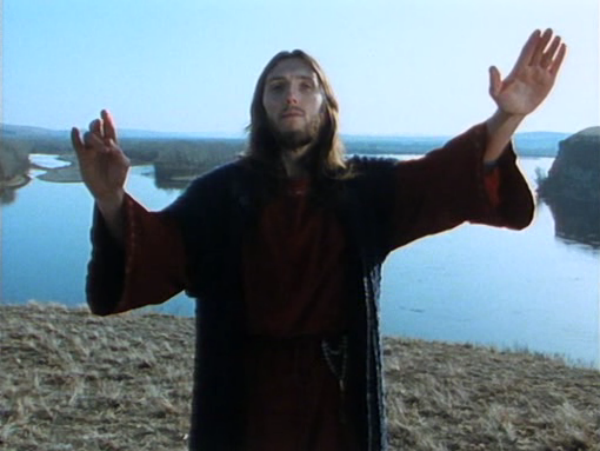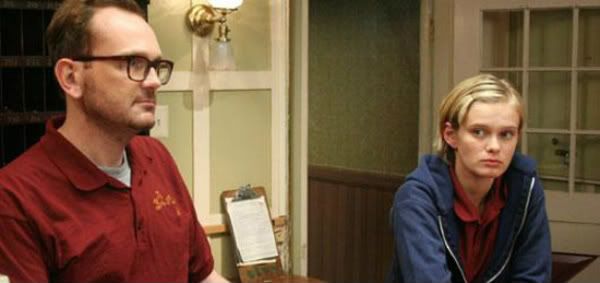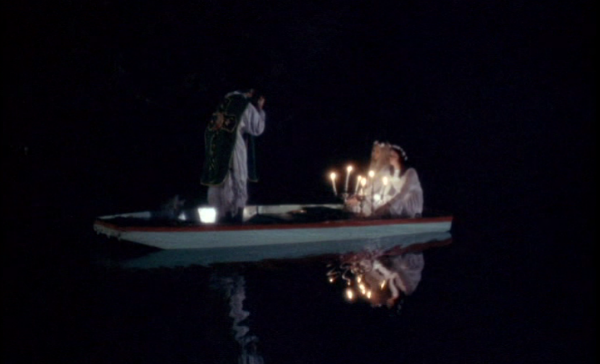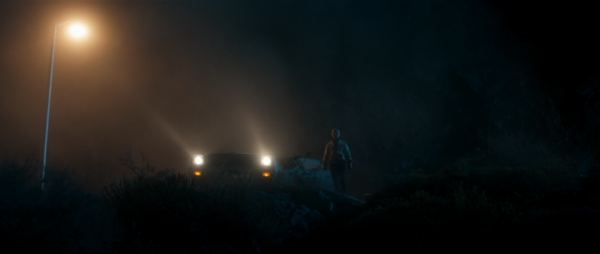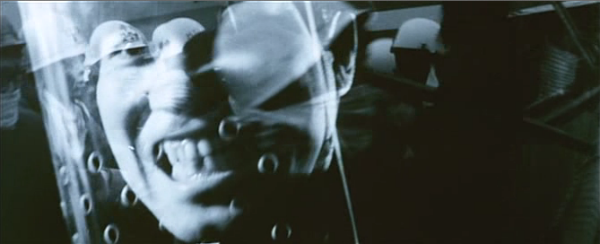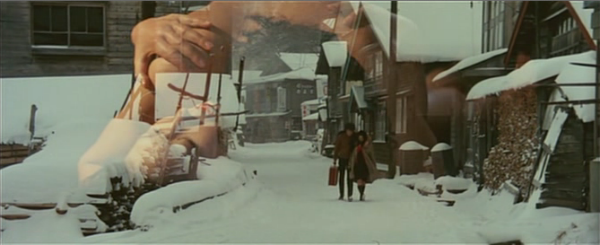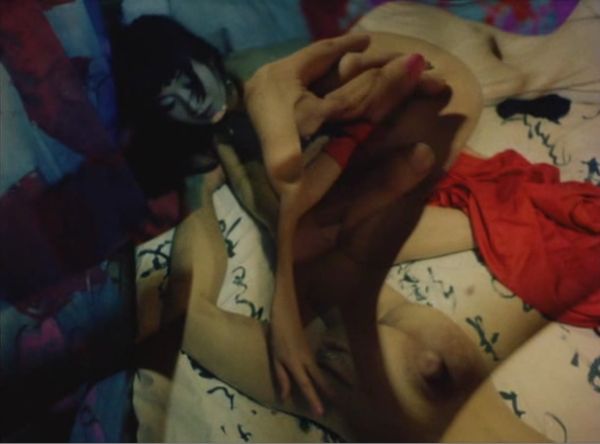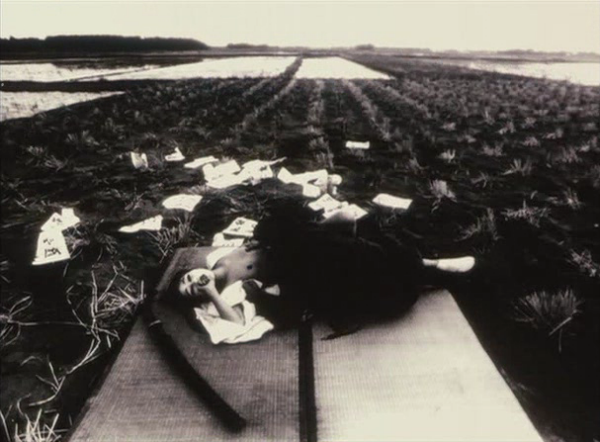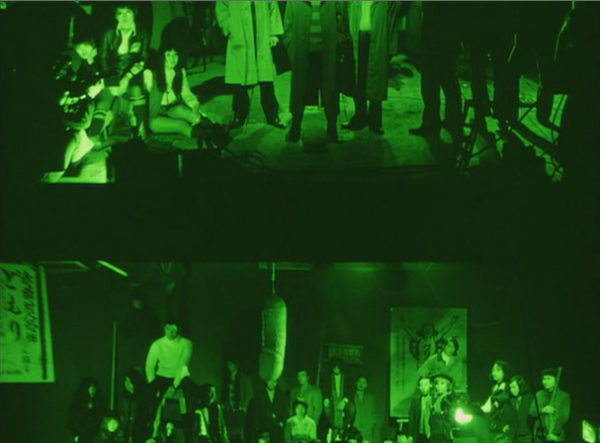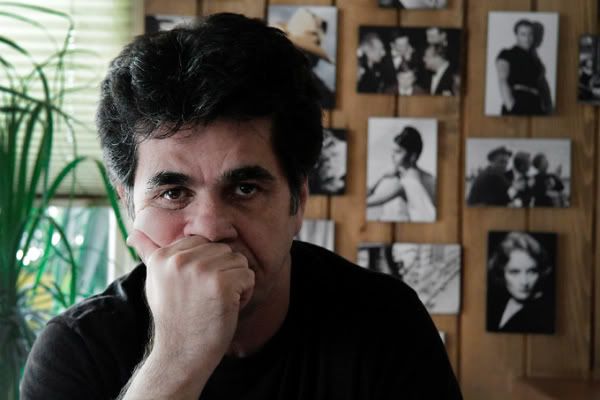
This is Not a Film is not a film. Not in a conventional sense anyway. Rather, it's a 75-minute documentation of an idling film director who has been banned from filmmaking, screenwriting, leaving the country and giving interviews for twenty years. Not to mention he is also fighting a 6-year jail sentence handed down by Tehran Revolutionary Court for planning a fiction film about the disputed 2009 Iranian presidential election. Jafar Panahi, one of the key figures in Iranian New Wave cinema and perhaps the most political filmmaker among them, seems to attract media attention whatever he does simply for being who he is, and deservedly so. My first exposure to Panahi was back in 2001 when I read about his detention at JFK airport. He was in transit to a film festival in Montevideo and refused to be fingerprinted and photographed by New York police. He was simply detained because of his nationality, horribly treated by the US authority and in the end sent back to Hong Kong, his original port of departure. Last year, Isabella Rossellini read his open letter at the opening night ceremony of Berlin Film Festival. At that time, he was in jail and couldn't make it to the prestigious festival to serve as one of the jury.
One would assume that This is Not a Film is a political statement and nothing else. But this non-film (credited as an 'effort' with all the key personnel names blanked out) has plenty of humor and ingenuity, and is consistent with the Iranian New Wave tradition of blurring the line between narrative and documentary. Here, waiting anxiously on his appeal process, Panahi decides to record a one-day-in-a-life-of documentary in his Tehran apartment and turns the camera on himself. As the day goes along, he talks to his lawyer and converses with his friend & co-conspirator/cameraman Mojitaba Mirtahmasb. He has an idea. He wants to act out one of his scripts rejected by the Iranian censor board in his apartment. They said no filmmaking but didn't say anything about reading script out loud or acting. The apartment is empty because his wife and daughter are out of town to grandparents' because it's the Persian New Year. Armed with a video camera and an iPhone, Panahi and Mirtahmasb embark on this 'effort'. Only obstacles to this monumental undertaking are Igi, a family pet iguana walking into the frame and the constantly crackling fireworks outside the window.
After marking his living room floor with masking tape on all fours to imitate the setting and explaining the scene and reading lines, Panahi stops. It doesn't feel right to him. It's all lies. It is comical yet touching to see a filmmaker with very limited means (literally) trying to keep his sanity in check doing what he knows best while abiding to his artistic integrity. While the night is closing in and the fireworks intensifying, the non-film takes an unexpected turn with an appearance of a handsome janitor in the building, stopping at Panahi's doorstep to collect garbage. The young man becomes a willing participant in the experiment. He knows the famed filmmaker Panahi and he studies media in college. Art imitates life imitates art.
This is Not a Film shows that despite the precarious situation- facing censorship and imprisonment, nothing can contain an artist from creating. The result is an intimate and self-reflexive film that transcends it being a mere political statement.
This Is Not a Film was smuggled out of Iran in a cake for Cannes 2011 screening and has US Theatrical premiere Wednesday, February 29th at Film Forum, New York.
